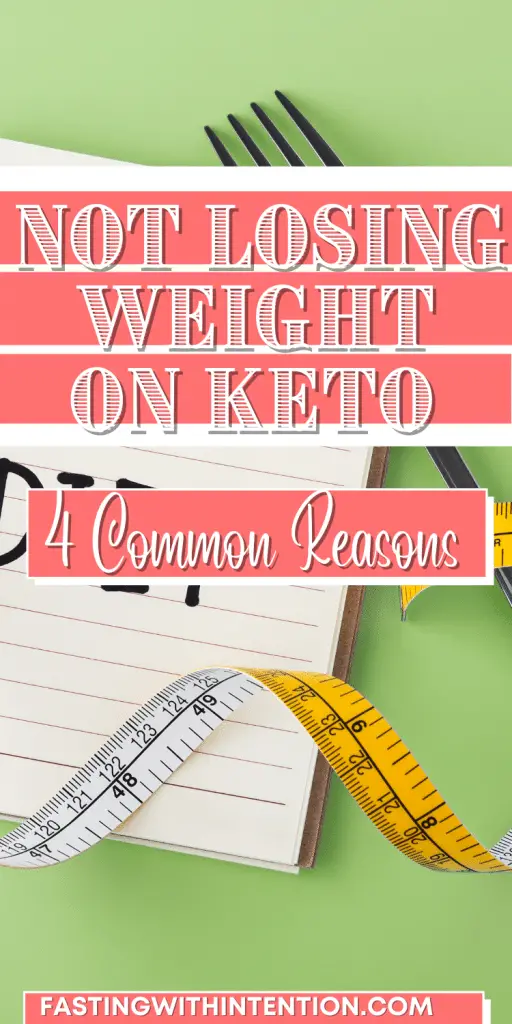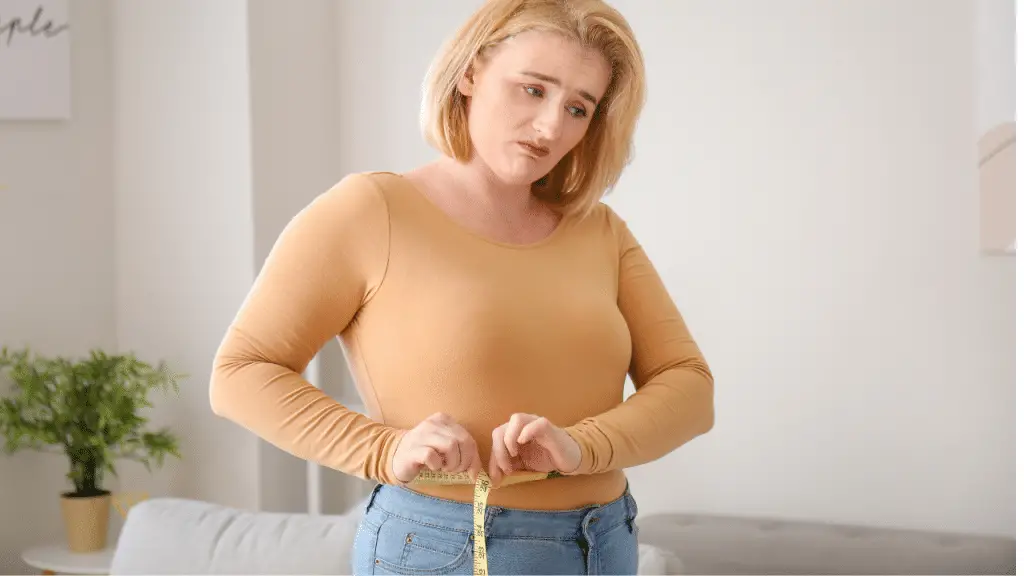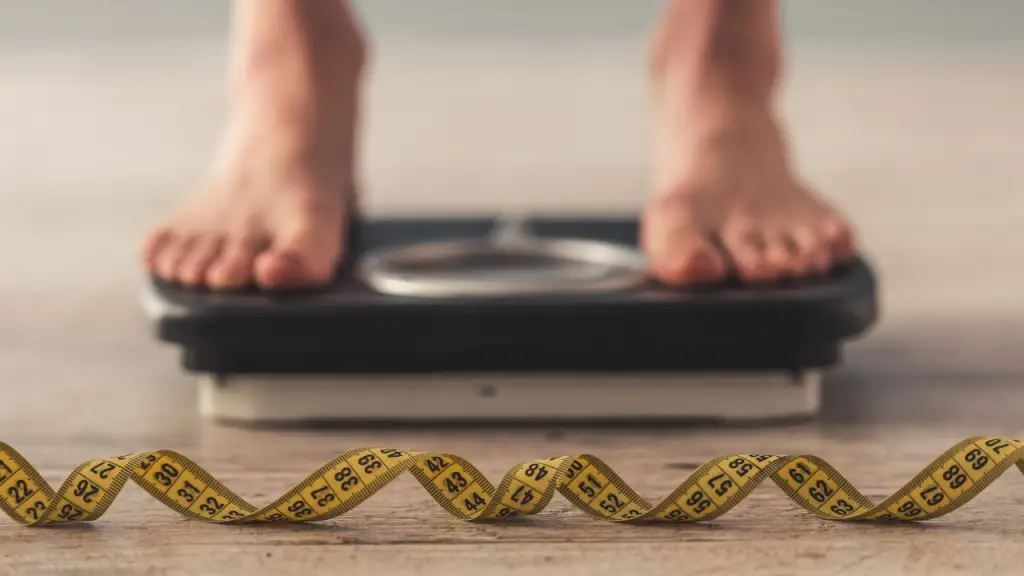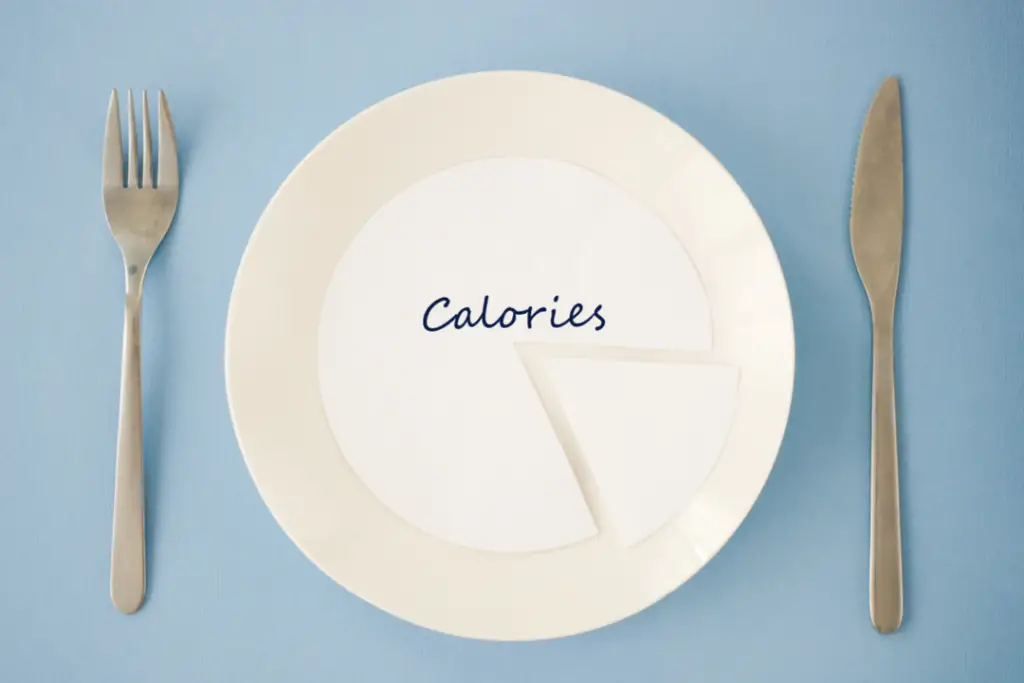Many women experience fast and sustained weight loss on the keto diet, and many do not. When it comes to losing weight, there are no magic formulas, no one-fits-all solutions. As you strive to reach your goal weight, you will likely have to do some fine-tuning and experimenting. The purpose of this post is to help you do just that if you want to lose weight on the keto diet but are not getting the results you were hoping to achieve.
Why You Are Not Losing Weight on Keto
As we go through the potential reasons why you are not losing weight on keto, keep an open mind and a problem-solving attitude. On one hand, you may want to continue with the keto diet for one reason or another. On the other hand, you may be open to trying something different. As I present four common reasons why you may not be losing weight on keto, I will offer simple solutions to accommodate you either way.
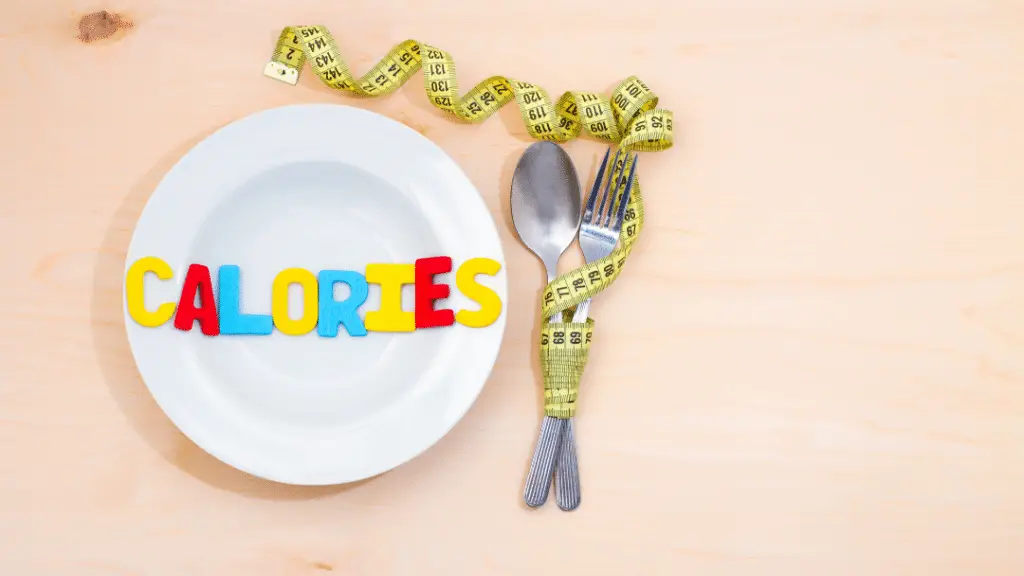
1. You are consuming too many calories
In a sense, weight loss is simple: consume less energy than your body requires. However, it is also more complicated. Some foods require more energy to digest. Furthermore, it is pretty easy to underestimate how much you eat. For example, if you tend to snack or taste food as you cook. And on the keto diet, all these delicious fats don’t take up that much space in your stomach, but they contain many calories.
Calories Vs. Calories
All calories are not created equal. Some calories make you want to eat more. Some calories make you feel full. Some calories will help your body burn more energy.
Processed Foods Vs. Fiber
Processed foods are created to be highly palatable, so you will want to keep eating them. This way, you will buy more and more. That keeps these food product manufacturers in business.
On the other hand, foods like fruits and vegetables tend to keep you satisfied longer. They contain more fiber, filling your stomach and taking longer to pass through your intestinal tract. They help regulate your blood sugar (which the keto diet can help you achieve, too) and reduce your appetite.
A 2021 study compared how much food people consume when they can eat freely on the keto diet compared to a plant-based diet. I found the findings really interesting because the participants ate a whole-food keto diet for half the duration of the study and a whole-food plant-based diet for the other half. As it turns out, most consumed fewer calories on a plant-based diet.
Solution Number 1
Focus on whole and nutrient-dense foods to ensure you don’t overindulge in the keto diet. Avoid keto “snacks” and “treats.” If you want some meal ideas, check out my 7-Day Intermittent Fasting Keto Meal Plan.

2. Your body is under too much stress
When your body is under too much stress, it will try to hold on to its fat stores as much as possible. If you are not losing weight on keto, it may be due to having stressed your body too much for too long. Here are some “stresses” that you could be experiencing:
- Too few calories
- The keto diet
- Intermittent fasting
- Too much exercise
- Poor sleep
Add any combination of those too long, and your cortisol levels may impede weight loss. To learn more about how fasting and other stressors can affect a woman’s adrenal function, read Intermittent Fasting for Women: A Definitive Guide.
Solution Number 2
This brings us to the next solution you can try if you are not losing weight on keto: Take as many stressors out of the equation as you can. For example, if you are also practicing intermittent fasting, stop. If you are counting calories, don’t. Ensure you don’t exercise more than 6 hours a week and try less intense workouts like yoga. Prioritize sleep.
Another recommendation that I often advise women to try is to do the keto diet only on a cyclical basis, not permanently. If you want to continue with the keto diet, you can allow yourself to consume a moderate amount of carbs at the end of your menstrual cycle (the last week of your cycle).
3. You are not achieving ketosis
Unless you have set out to create your keto meal plan, you may be surprised to learn that many “keto” recipes are not actually keto. Yes, maybe that dinner recipe only has 8 grams of net carbs, but it may only have 300 calories. Considering that most women need around 2,000 calories a day, eating these meals will take you far above the 20-50 grams of carbs you need to keep to achieve ketosis. When you don’t achieve ketosis on the keto diet, you lose one of the main weight loss benefits: its appetite suppressant power.
Solution Number 3
If you are serious about losing weight on the keto diet, it is a good idea to buy a ketone monitor and check your ketone levels to ensure you are achieving ketosis. The optimal range for weight loss is 1-3 mmol/L. That is where you will notice that your food cravings are significantly fewer. You will also see that you have more energy and focus.
If you want a ketone monitor recommendation, I use the Keto Mojo, and I love it. Check it out using my affiliate link and receive a 15% discount.

4. Your weight loss expectation is not realistic
This last reason is actually pretty common. I often hear from women who can’t lose weight. When you dig further, you find out they “only lost” 5 lbs last month! I want you to know that losing 5 lbs in one month is fantastic! I would lose 2 lbs a month on average when I was losing weight. Don’t despair; the closer you are to your goal weight, the slower weight loss will be. Moreover, slow weight loss tends to be more sustainable because you are not relying on a sharp calorie deficit. You are slowly making lifestyle changes that will stick.
Solution Number 4
Make sure your weight loss expectation is realistic and focus on improving your eating habits rather than on numbers on the scale.
If you have less than 20 lbs to lose, a weight loss goal of 2-5 lbs a month is realistic. If you have more than 20 lbs to lose, you can probably lose 5-7 lbs a month. You will also likely notice that your weight loss doesn’t follow a straight line. It will go up and down with some months when you lose no weight.

What If You Used to Lose Weight On the Keto Diet
So, you lost 20 lbs on the keto diet, but it isn’t working anymore. What’s going on? Let’s look at some possible reasons why keto isn’t working anymore:
- You are not as strict as you were when you got started. You are likely no longer tracking your carbs as carefully and are no longer in ketosis. Check your ketones.
- Your body is under too much stress: as I mentioned already, the lack of carbs constitutes stress on your body. It may be helpful to cycle in and out of ketosis.
- You need to check your expectations: Weight loss is not linear. You will hit plateaus, and that is perfectly natural. The closer you are to your goal weight, the slower weight loss will become.
Read 7 Tips to Overcome a Weight Loss Plateau When Intermittent Fasting for additional help.
Why Am I Gaining Weight on Keto
If you are gaining weight on the keto diet, go through all the reasons I outlined in this post. One of them is most likely the culprit. The most likely reason is that you are eating too many calories in the form of “keto” snacks and not creating meals centered around low-carb veggies.
Have you seen my free Low-Carb Food List? That’s an excellent place to start.

Not Losing Weight on Keto Video
